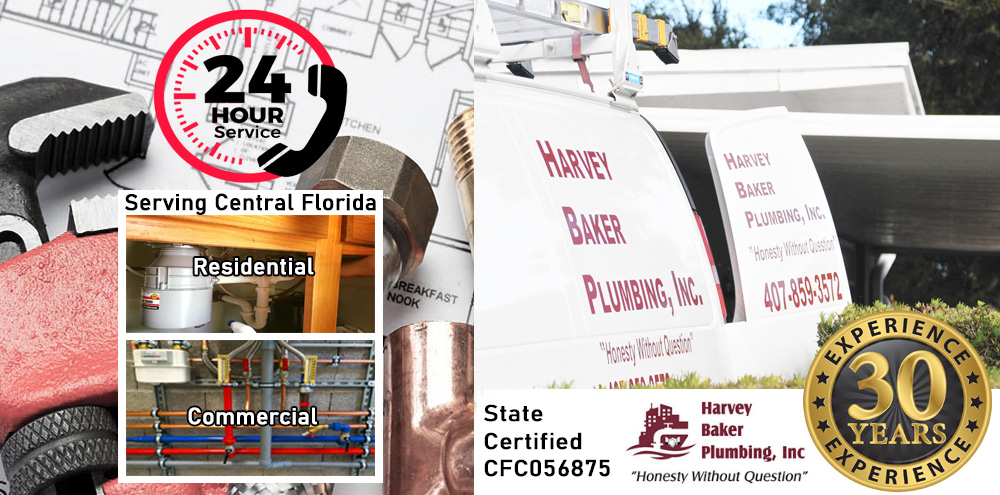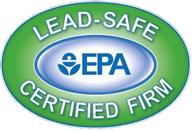What NOT to Flush Down a Toilet Connected to a Septic Tank
Flushing the wrong items down a toilet connected to a septic tank can lead to costly and harmful consequences. Unlike municipal sewage systems, septic tanks rely on a delicate balance of natural processes to treat and dispose of waste. Flushing inappropriate items can disrupt this balance, potentially leading to clogs, backups, and damage to your septic system. This article outlines the items you should never flush down a toilet connected to a septic tank to ensure its proper functioning and longevity.
Non-Biodegradable Items:
Items that do not break down naturally should never be flushed down the toilet. These items can accumulate and cause blockages within your septic system. Common non-biodegradable items include:
Baby Wipes and Wet Wipes:
Even if labeled as “flushable,” these wipes can take a long time to break down and often contribute to clogs.
Sanitary Products:
Tampons, pads, and other menstrual products can quickly lead to blockages in the septic system.
Dental Floss:
Dental floss does not break down and can become tangled, causing obstructions.
Cotton Swabs and Cotton Balls:
These items can get caught in the pipes and contribute to clogs.
Household Chemicals:
Chemicals can disrupt the natural processes in a septic tank, killing beneficial bacteria that help break down waste. Avoid flushing:
Bleach:
While small amounts may not be harmful, excessive use of bleach can disrupt the bacterial balance.
Cleaning Chemicals:
Harsh cleaning agents can harm the bacteria in the tank and inhibit waste breakdown.
Medications:
Flushing unused medications can introduce chemicals into the septic system, potentially affecting groundwater.
Grease and Cooking Oils:
Grease and cooking oils can solidify in the septic tank, leading to clogs and reduced efficiency. It’s best to dispose of these in your household trash or recycle them.
Food Waste:
Large amounts of food waste can overload the septic system, hindering its ability to treat waste effectively. Use a compost bin for food scraps instead.
Paper Products:
While toilet paper is generally safe to flush in moderation, excessive amounts or thick paper products can cause problems. Avoid flushing:
Paper Towels:
These do not break down as easily as toilet paper and can lead to clogs.
Napkins and Tissues:
Like paper towels, these products can contribute to blockages.
Hair:
Hair does not break down quickly and can contribute to clogs. Dispose of hair in the trash instead.
Proper care and maintenance of a septic system are essential to its longevity and effective functioning. By avoiding the flushing of non-biodegradable items, household chemicals, grease, food waste, excessive paper products, and hair, you can help prevent clogs, backups, and damage to your septic tank. Remember, a little mindfulness goes a long way in preserving the health of your septic system and protecting the environment.
If you do happen to make a mistake by flushing something from the above list, call us at Harvey Baker.





